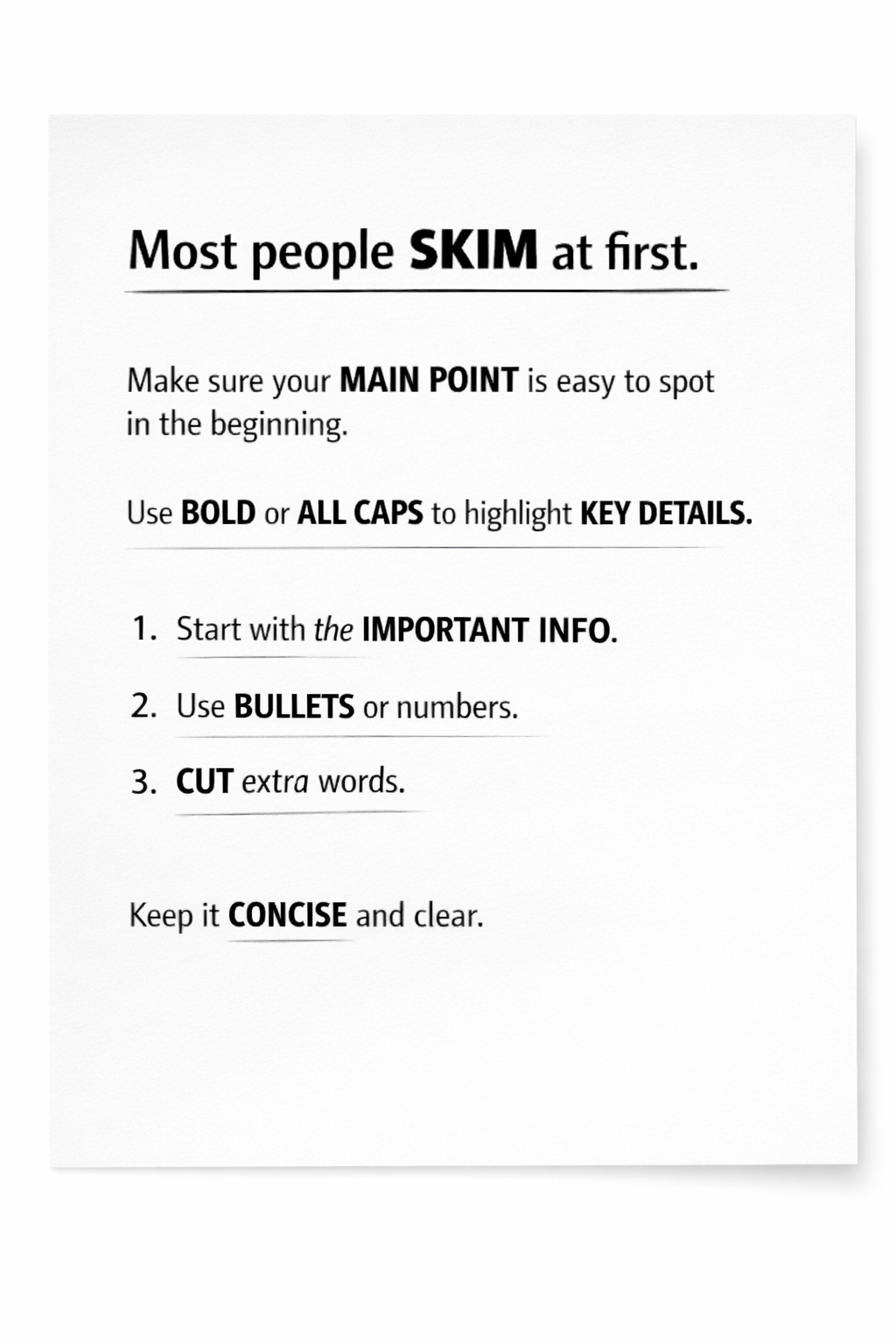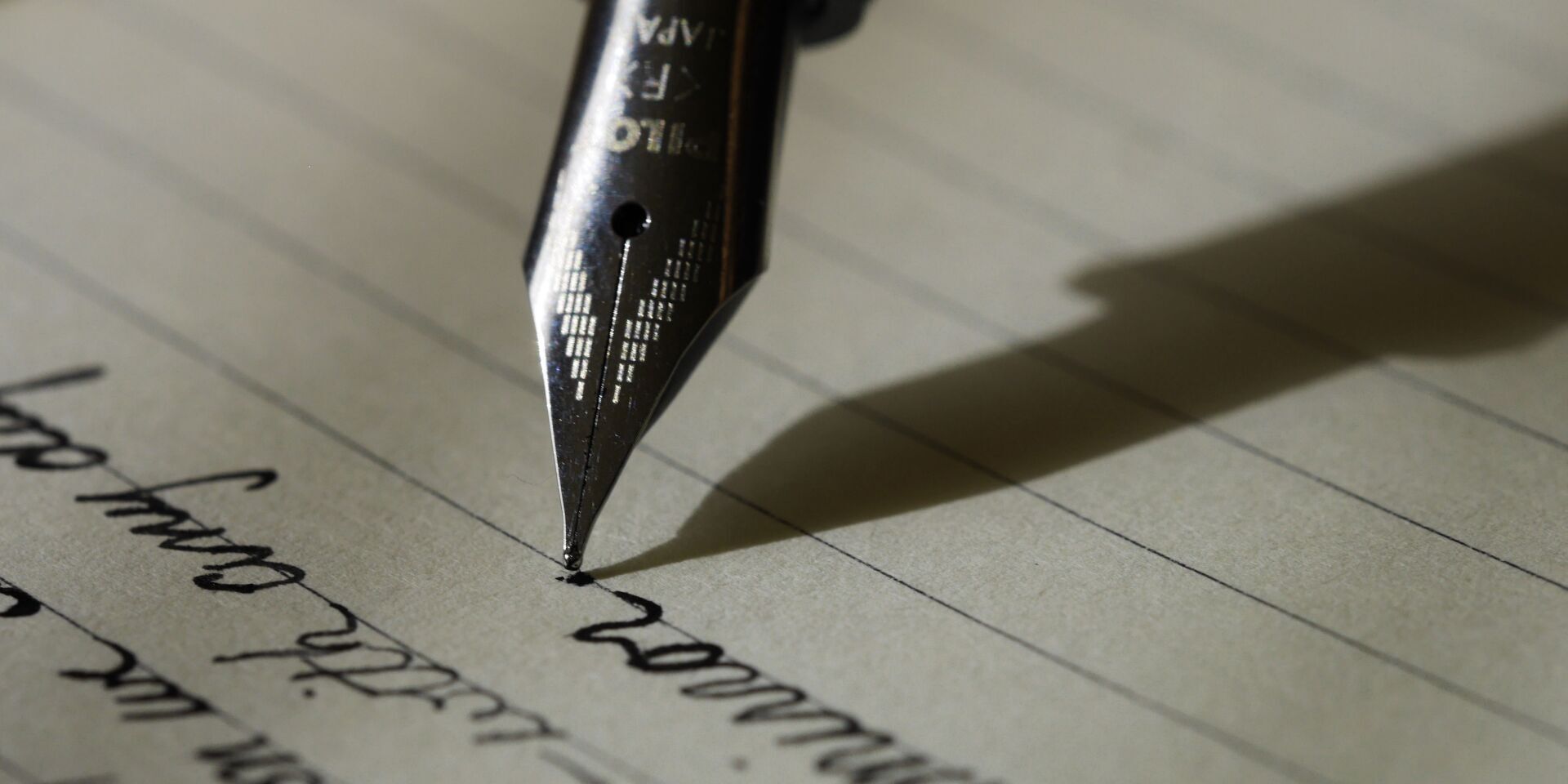Nib #55 Trump’s Aggressive Inaugural Humility
In political debate, paraphrasing Carl Sandburg:
“When public opinion is against you, argue the policy. If the policy is against you, argue public opinion. If public opinion and policy are against you, pound the table and yell like hell.”
But what if public opinion and the policy merits are with you? How should you argue then? Humbly.
That is the lesson writers should take from President Donald Trump’s second inaugural address. Trump, famous for his swaggering, insult-comic oratorical style just gave an object lesson in the power of rhetorical humility.
The heart of the speech was litany of executive orders Trump promised would launch “a revolution of common sense” and “a thrilling new era of national success.” Policy specificity is an odd choice for an inaugural address, especially for a president not known for wonkery.
So why make the choice? Because Trump’s agenda is the most popular, unifying thing about his second presidency.
Look closely at Trump’s litany. The executive orders cover the border, inflation and the economy, free speech and the rule of law, and global peacemaking. Those are the issues that won him the election. However polarizing Trump’s brash personality can be, the agenda he laid out in his inaugural address is utterly uncontroversial.
Which was the point.
For this president, in this moment, announcing popular, unifying policy details in his inaugural address was a double-edged sword. First, it allowed Trump to rally the large, multi-racial, middle-class coalition he leads and through which he hopes to govern. And second, it trapped congressional Democrats on the horns of a dilemma.
By offering a radically reasonable agenda as the answer to the country’s problems, Trump is forcing Democrats to choose between their partisan comfort-zone and their political self-interest. This term, Trump is saying, being “Never Trump” will mean “resisting” mainstream reforms that Democrats’ own voters support.
(So far, the strategy is working. Dozens of congressional Democrats already bucked their leaders to help Republicans pass a popular, illegal-immigrant crime bill. Now they are reportedly divided over a House bill condemning anti-Semitism at the International Criminal Court.)
Trump could have used his inaugural address to spike the football and rub his comeback in his critics’ faces. But that would have given the Left something other than policy to oppose. With the politics and the policy merits already on his side, Trump banging on the table would only have helped Democrats.
Instead, Trump and his speechwriters argued humbly for popular ideas — keeping his agenda front and center — and were rewarded with the best week of his political career.
The lesson? When you have the high ground, humility is aggression.
Until next week… keep writing!











